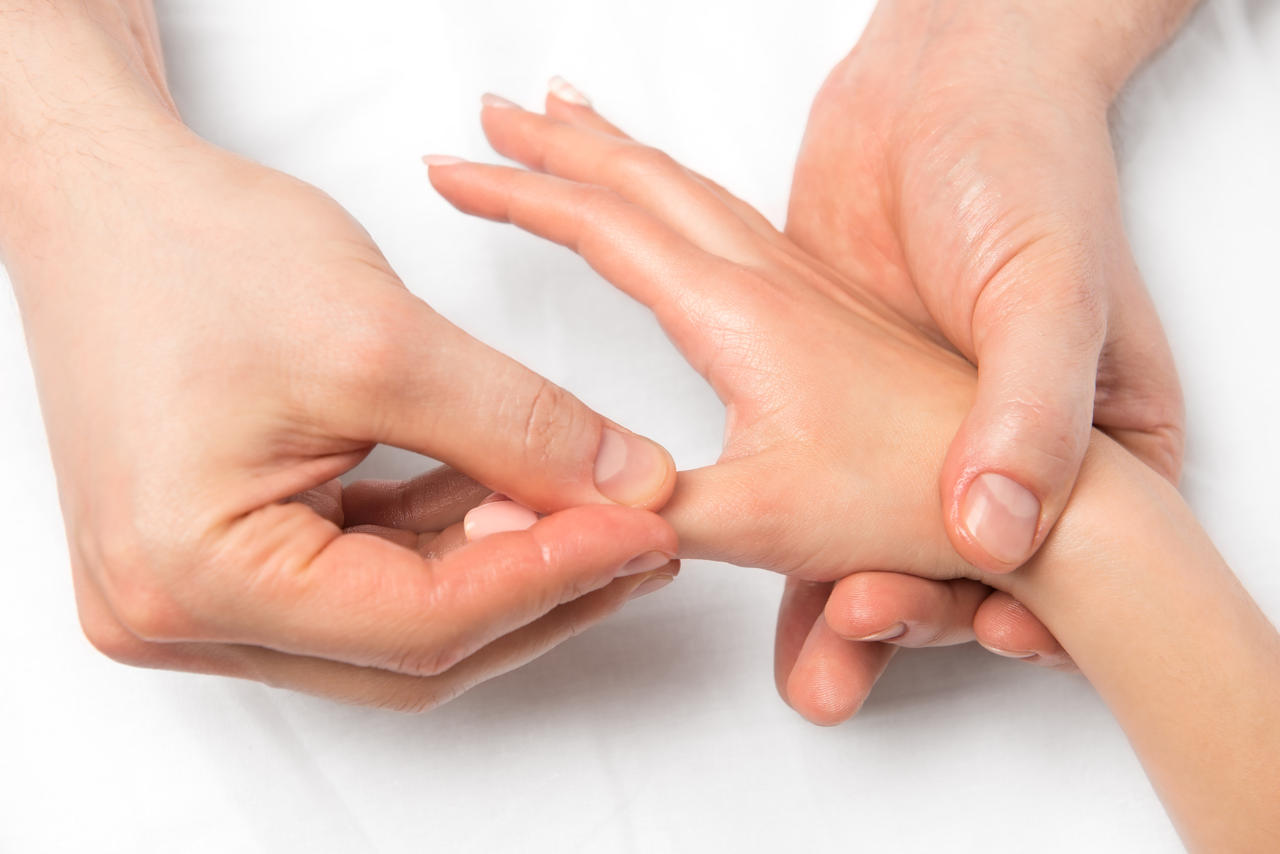
Knuckle cracking is a common habit. Many people do it to release the tension from their finger joints after prolonged work. However, it can also lead to addiction. Here is more on this…
A very common question which orthopedics routinely get is: does knuckle cracking cause arthritis? Is it harmful? A lot of people have the habit of cracking their knuckles, and after doing it for prolonged time, they start worrying whether it damages their knuckles beyond repair.
Cracking a Habit
Many people inadvertently crack their knuckles after using their fingers for a long time. They feel that this helps release tension which results because of prolonged use. Cracking helps loosen up the fingers but the noise it creates can be annoying at times. It sounds like it may be damaging the bones, hence, a lot of people wonder whether the addiction can cause arthritis in the future.
According to scientists, there is no conclusive evidence connecting knuckle cracking to arthritis. Between the knuckles, you have a lubricant which keeps the joints functioning smoothly. This lubricant is known as synovial fluid. This fluid is contained in a vessel which is shaped like a capsule, between the joints. So when you bend your fingers, the volume of the capsule increases, and hence, consequently the pressure in it drops, which makes the gases in the synovial fluid form small bubbles. These bubbles crack when the fingers are bent, and hence, we hear a popping sound. It can be heard in most other joints in the body as well.
Although it does not directly contribute to arthritis, stiffness and repeating it too often may cause damage to the soft tissues and the ligaments surrounding the joints in the long run. Apart from this, it can be irritating to the people around you and is also considered socially undesirable.
Addicted to Knuckle Cracking
It is akin to stretching your back after sitting in one place for a long time. But you should ensure that you do it only when you need it, i.e., after working with your fingers for a prolonged time. Avoid doing it in a public place or when you are tense. Many a time, people associate it with a specific activity, after which they are used to doing it. In such a case, you can try doing that activity differently or try and engage in some other habit like listening to music, so as to get rid of it. Keeping a close eye on it can also help rein in this habit.


